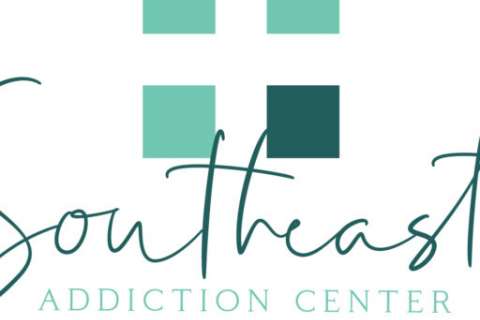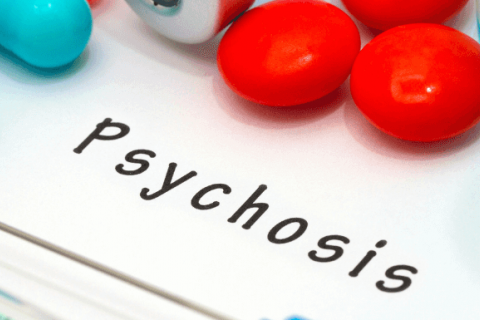
How TRICARE Interacts with VA Healthcare for Veterans with Dual Diagnoses
July 12, 2024
About 40% of veterans coming back from active duty face a dual diagnosis concern. This means they have both mental he…

Find Your Substance Abuse Counselor Today!
May 1, 2024
Recognizing the Need for a Therapist Substance abuse therapists provide compassionate support and guidance to individ…

Find Hope and Healing at our Christian Addiction Rehab Centers!
April 29, 2024
Discover the transformative power of Christian faith-oriented treatment programs in overcoming addiction and finding …

Get Help Now: Tricare Covers Your Path to Recovery!
April 23, 2024
Tricare & Substance Abuse Treatment Tricare offers coverage for substance abuse treatment, including detoxificati…

Nashville Addiction Support Resources
May 31, 2023
Substance abuse is an ever-prevalent public health concern around the country. The crisis is growing even more proble…

Nashville Overdose Prevention Resources
May 31, 2023
Tennessee has become a hub of activity for the transport of drugs, which then makes it to other states. The most comm…

Treating Meth Hallucinations & Psychosis
April 14, 2023
Methamphetamine, also known as meth, is a powerful stimulant drug that affects the central nervous system. Long-term …

How To Get A Service Dog For PTSD
November 5, 2022
Dogs really are man’s (and women’s) best friend. They are absolutely loyal, they’re never in a bad mood, they’r…